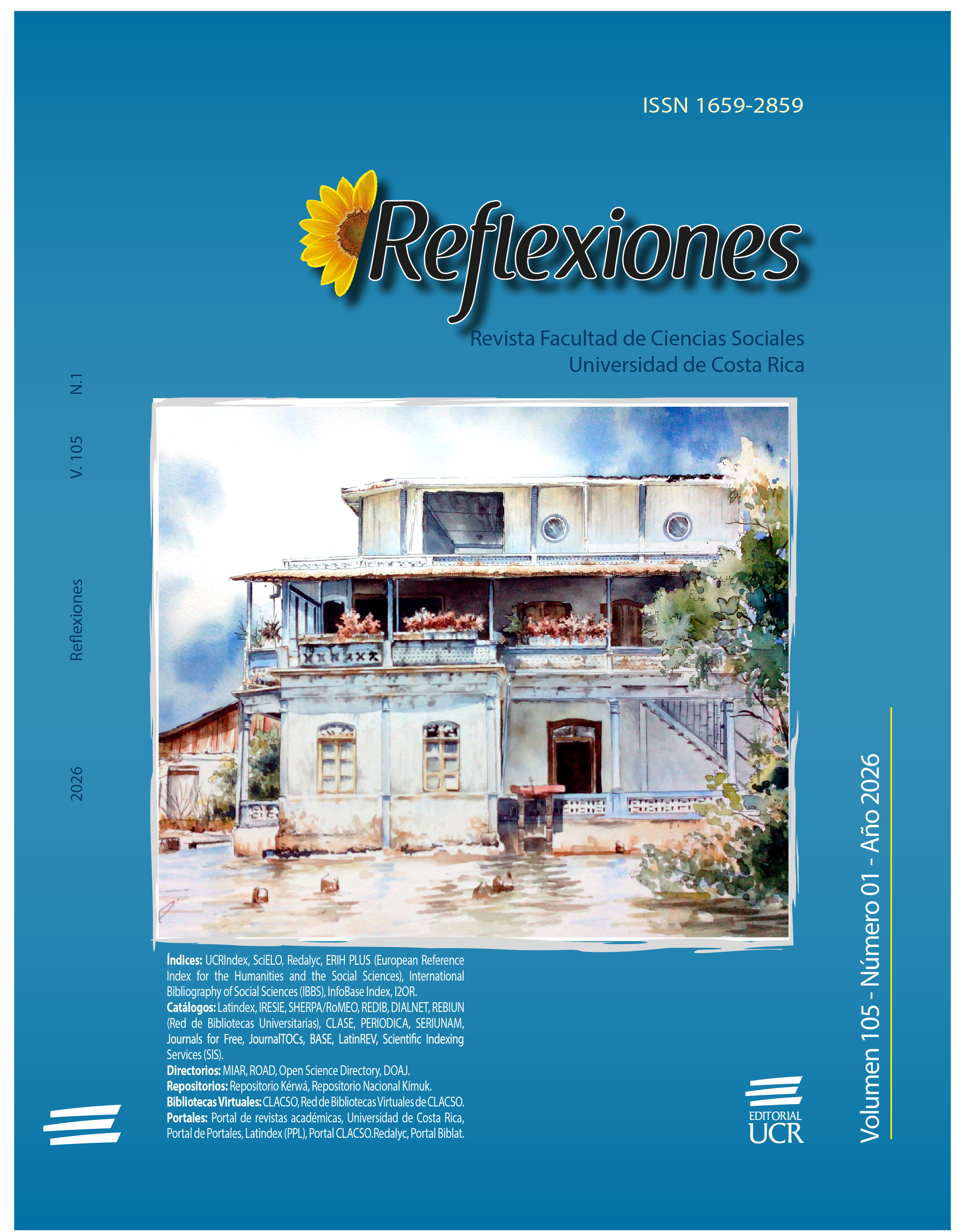Intangible Cultural Heritage of Manabí (Ecuador): Vulnerability and Actions for Safeguarding
DOI:
https://doi.org/10.15517/505d5528Keywords:
Intangible Cultural Heritage, Authentic tourist experiences, Georeferencing systems, Inventory, Sustainable Development GoalsAbstract
Introduction: The research focuses on the preparation of an inventory of the Intangible Cultural Heritage (ICH) of Manabí, with the objective of documenting and preserving its tangible and intangible heritage.
Main objective: Promote the development of authentic and sustainable tourist experiences through the preservation and documentation of the ICH of Manabí.
Method and technique: Two main tools were used: first, the National Institute of Cultural Heritage (INPC) instructions for registration and inventory forms, and second, Georeferencing Systems (GIS) along with the SURVEY 123 application, which facilitated data collection using smart digital forms.
Results: A database of ICH georeferencing and a proposal for actions for its safeguarding and sustainable tourism development, aligned with the Sustainable Development Goals (SDGs).
Conclusion: This work serves as a guide to protect and promote the cultural expressions of Manabí, guaranteeing their appreciation for future generations and promoting economic development and interculturality. The connection between preservation and sustainable tourism is key to this objective.
Downloads
Downloads
Additional Files
Published
Issue
Section
License

This work is licensed under a Creative Commons Attribution-NonCommercial-NoDerivatives 4.0 International License.
Open Access Magazines Proposed Policy
The authors who publish in Reflexiones Journal agree with the following terms:
a. The authors preserve the article´s copyright and grant the journal its first publication. The work [SPECIFY PERIOD OF TIME] must be licensed after its publication under a:
a. The authors retain the copyright and grant to the journal the right of first publication, with the work [SPECIFY PERIOD OF TIME] as well as after publication is licensed under a Creative Common CC BY-NC-ND 4.0 DEED (Attribution-NonCommercial-NoDerivs 4.0 Internationa) that allows others to share the work with an acknowledgment of authorship of the work and initial publication in this journal.
b. The authors can separately establish additional agreements for the non-exclusive distribution of the published version (for example, place it in an institutional repository or publish it in a book), but, as stated above, with the recognition of its initial publication in this magazine.
c. Authors are allowed and encouraged to circulate their work electronically (for example, in institutional repositories or on their own website) before and during the submission process, as it can lead to productive exchanges, as well as an earlier and greater citation of their published works (See The Effect of Open Access).
d. Reflexiones Journal does not apply any fee or charge for the publishing process.
The authors who send their manuscripts to be evaluated by Reflexiones Journal, assign to it the publication rights for the article’s circulation in printed version or digital format. By being part of multiple indexers, databases and reference systems, the articles that are published by this journal will be available and downloaded from these websites, indicating, in all cases, the articles’ authorship, date of publication, and the number to which they correspond. All the documents published by Reflexiones can be downloaded on the journal’s website: https://revistas.ucr.ac.cr/index.php/reflexiones, and in all the databases where it is indexed.
The journal respects and follows all of the established by the Law No. 6683 Law on Copyright and Related Rights of the Republic of Costa Rica, as well as its reform in the 7979 Law.
Finally, Reflexiones applies in its publications the Creative Commons License, which can be consulted in the following link: https://creativecommons.org/licenses/by-nc-nd/4.0/deed.en





